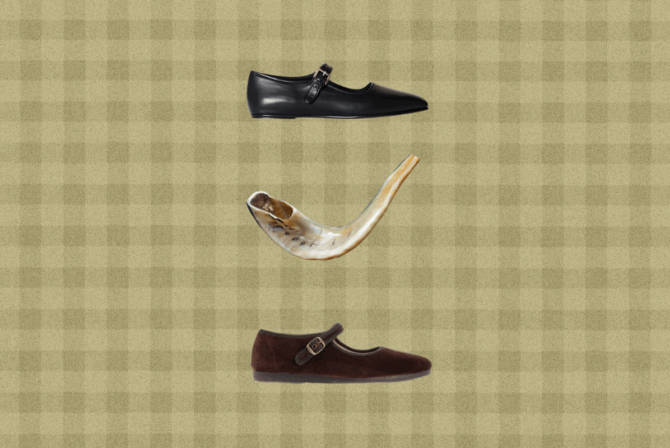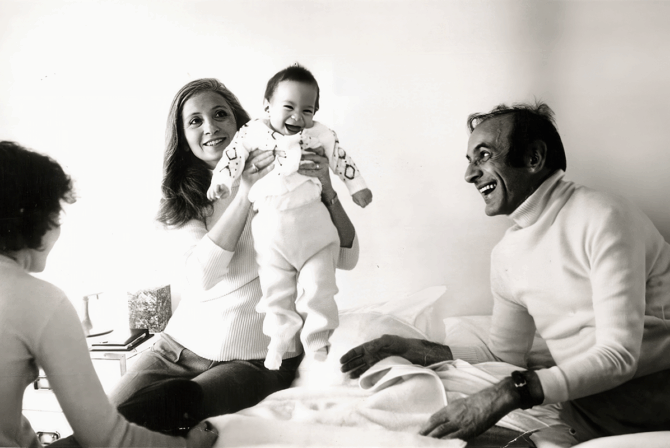The journey to Camp Tawonga, where I worked for 17 years, always began the same way: a three-hour bus ride into the mountains and a curbside filled with tearful goodbyes.
I’ll never forget one 13-year-old girl who didn’t want to get on the bus at all. She clutched her mother, paralyzed by fear. A counselor gently took her hand and sat beside her for the first hour of the drive. The next hour, she introduced her to another camper. Each day at camp, I watched that same girl grow more confident: smiling, laughing and opening up. On the last day of camp, I overheard her exclaiming to her counselor.
“I had the best summer,” she said. “I hope you’re my counselor again next year.” This time, she didn’t want to go home.
For years, I’ve reassured nervous parents on the other end of the phone, sharing stories like this to help them trust what I knew from decades of personal experience: Jewish camp is a powerful space for transformation, connection and growth.
Now, I’m the one zooming in on camp photos, wondering: Are my kids okay?
This summer, my 8-year-old went off to overnight camp for the first time. My 11-year-old is spending three weeks away — the longest we’ve ever been apart. And even though I’m the CEO of Foundation for Jewish Camp and a former camper, counselor and camp director, I still find myself asking the same questions I once answered: Will they make friends? Will they feel seen?
In today’s world, where we’re used to texting our kids at any hour and tracking them in real time, it’s hard to let go. But that’s exactly why Jewish camp is so essential. Camp gives kids the rare opportunity to unplug, live in a joyful and supportive Jewish community and stretch into independence. And it gives parents the sometimes-uncomfortable gift of stepping back and enabling our children to find their own path forward.
I remember being a nervous first-time camper myself, not knowing anyone and not sure what to expect. But by the end of summer, I was counting down the days until I could go back. Camp became the place where I felt most like myself. And I’m not alone. A recent study from Stanford University and BeWell found that camp is the number one communal space where teens feel comfortable being their true selves.
That’s because camp is designed to bring out the best in kids. If you were to be granted a glimpse into your child’s summer at camp, this is what you might see: Kids splashing around in the lake or gathering wood for the campfire. Kids bonding with their bunkmates through goofy challenges and late-night rituals. Kids stepping up to lead a blessing at dinner or joining in a Hebrew song they just learned two days ago. And bit by bit, you’d see them grow more comfortable in their own skin and in their own Jewish identity.
This kind of positive Jewish experience is especially important at a time of heightened antisemitism. Last summer, one parent told us that Jewish camp gave their kid “an opportunity to live Jewishly out loud, at a time where we are otherwise more reserved about our customs.” Nearly all overnight families reported that camp created an environment where their child felt proud to be Jewish.
Perhaps the most remarkable thing about camp is that this growth and these habits stick. I’ve heard parents say, amazed: My kid came home and wanted to set the table. Or clean their room. Or light Shabbat candles. The overwhelming majority of families report that camp helped their child experience growth and try new things, and most say that camp makes their child more engaged in the Jewish community throughout the year.
This summer, in the wake of tragic events that have shaken the camping world, the worry feels heavier. The what-ifs are real. I feel them too. But especially now, I believe camp is essential in building our kids’ character, resilience and Jewish identity. I’ve seen the shift from tears about leaving home to tears about leaving camp. I’ve seen campers who feel homesick, nervous or unsure when they start their camp journeys go on to become counselors and help future kids find their footing.
There’s one photo I keep coming back to from early this summer. My younger son, in an orange beanie, sitting on a bench, grinning ear to ear. His counselor is leaning in, listening intently.
I looked at that picture, at my son’s smile, and felt my own words to families echo back: This is the best parenting decision you can make.
![A repeating graphic of a blue tie-dyed shirt with the text "I [heart] Jewish summer camp" in orange font.](https://www.kveller.com/wp-content/uploads/2025/07/kveller-headers-1200-x-800-85.png)







